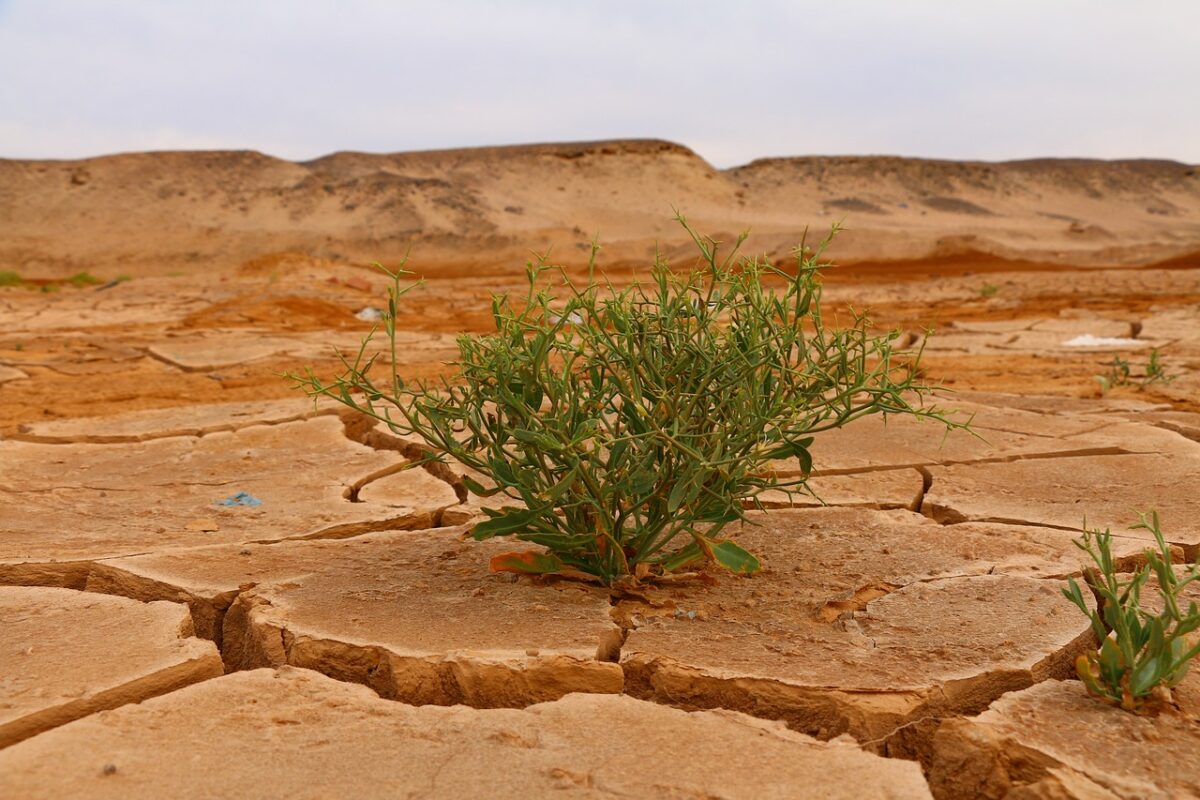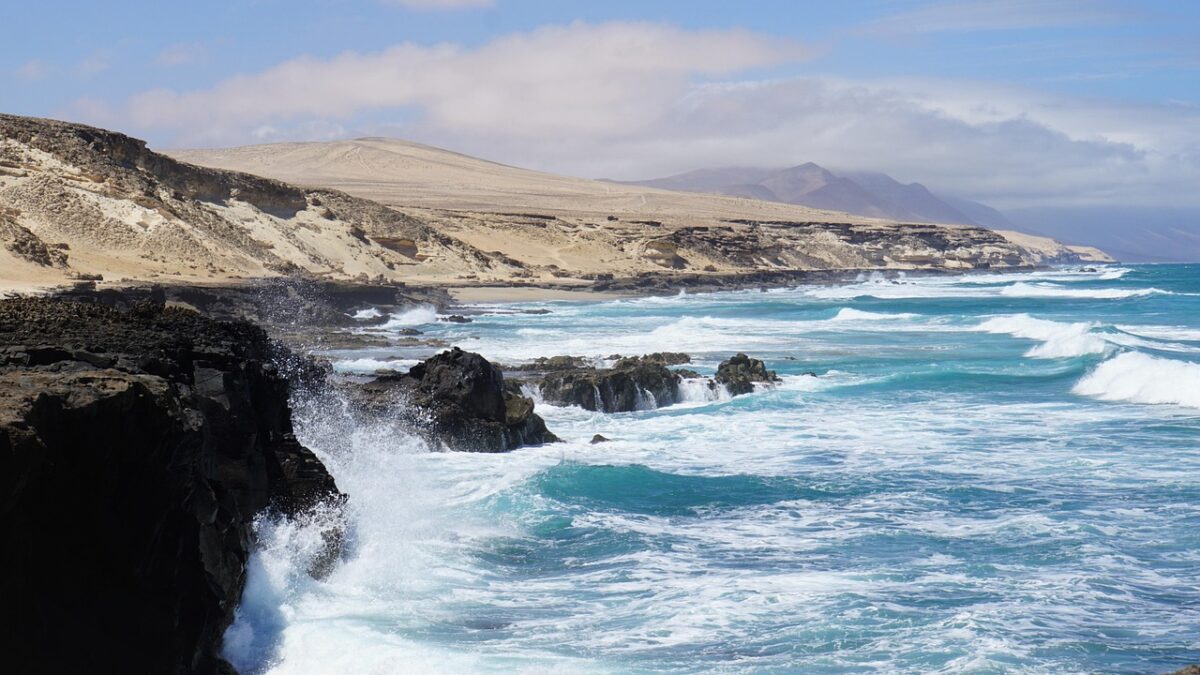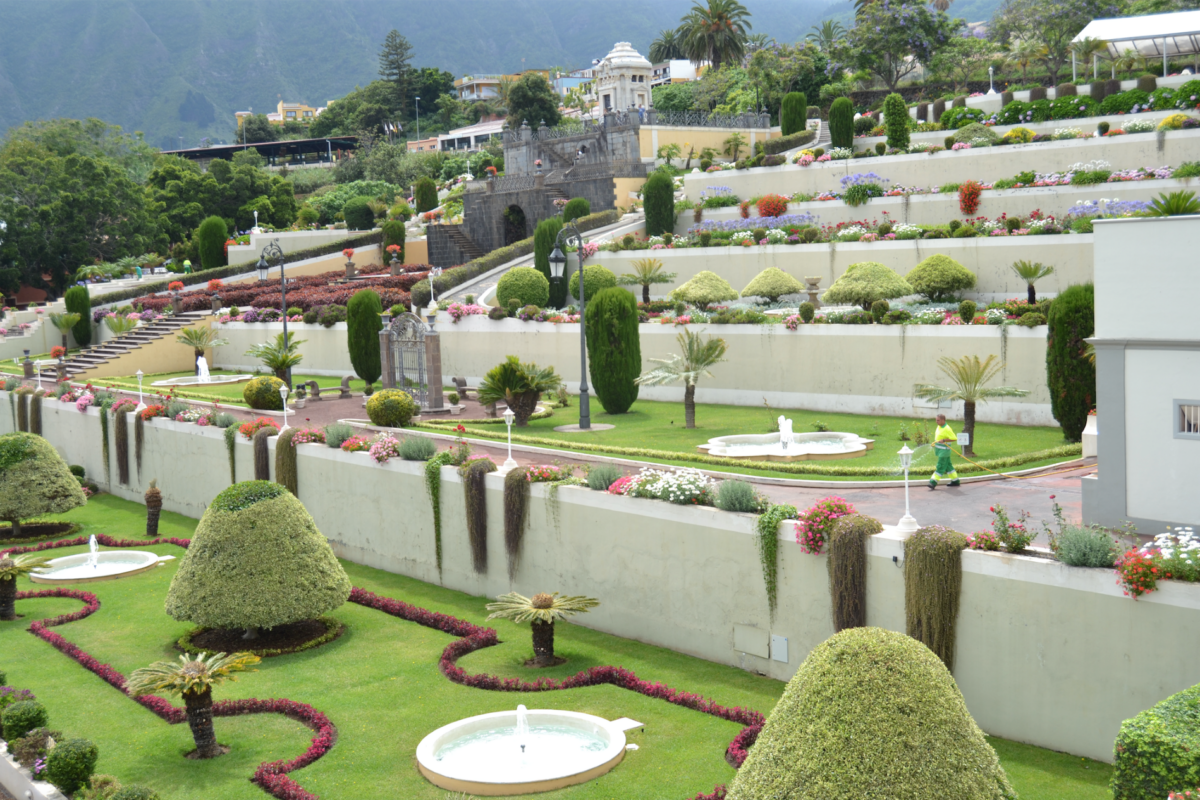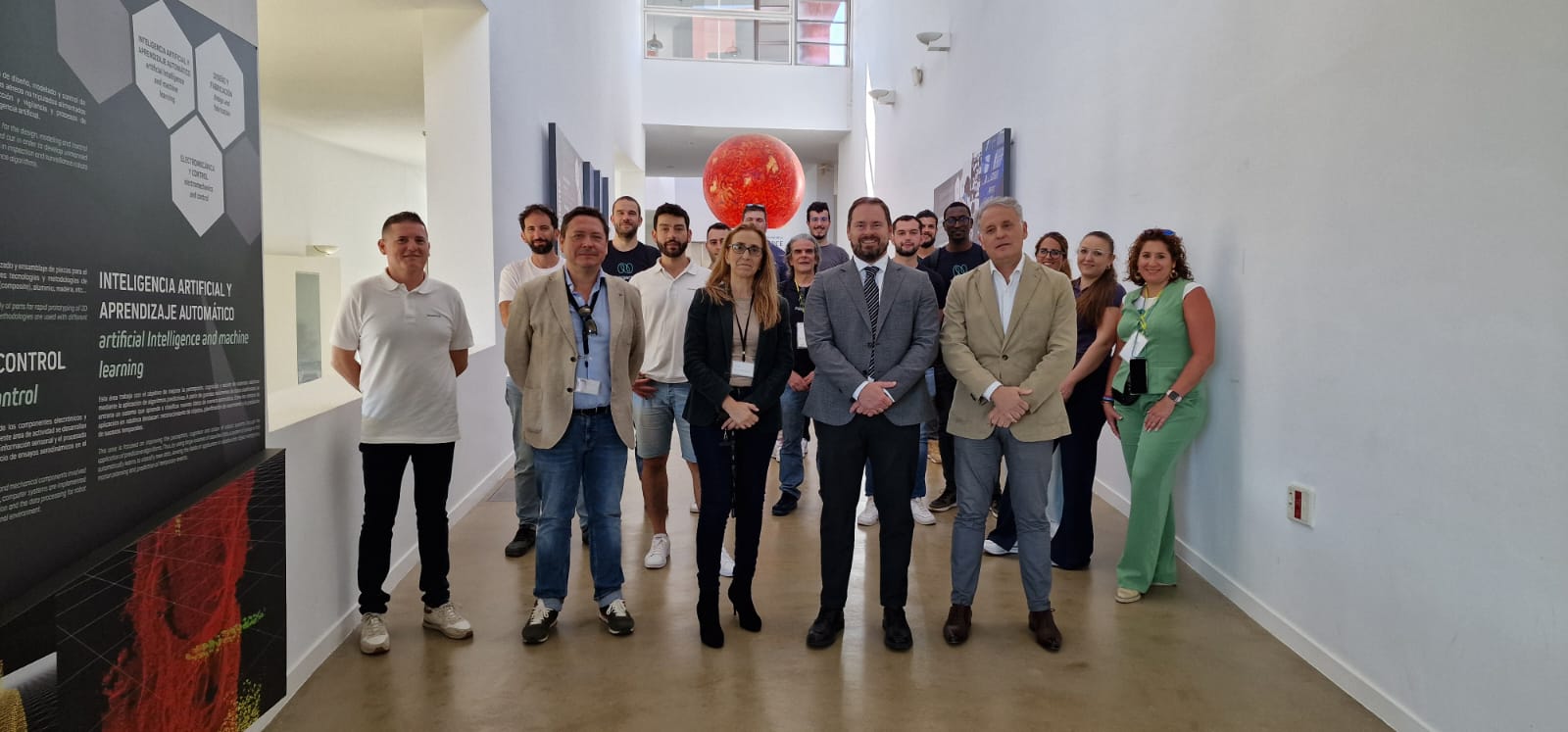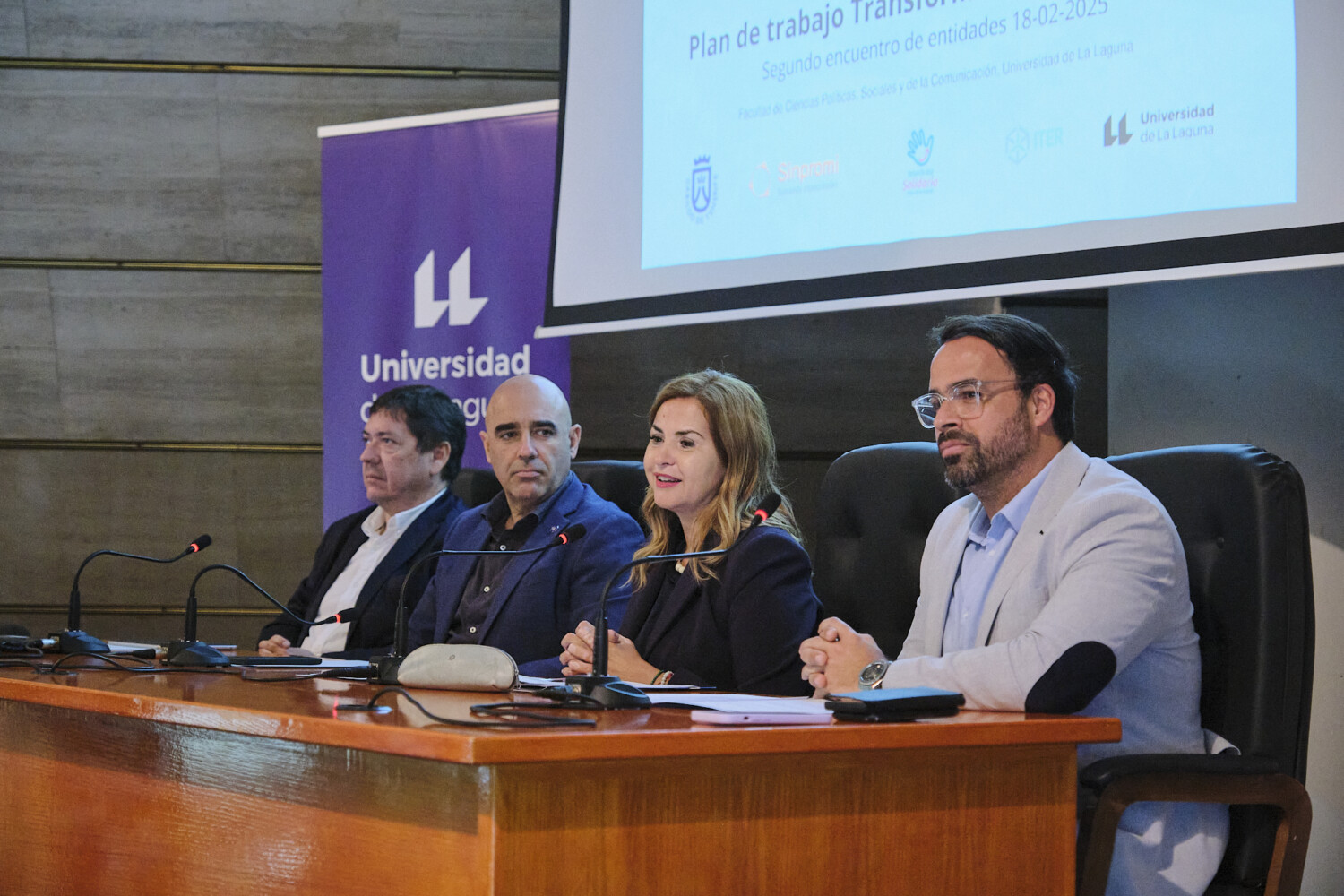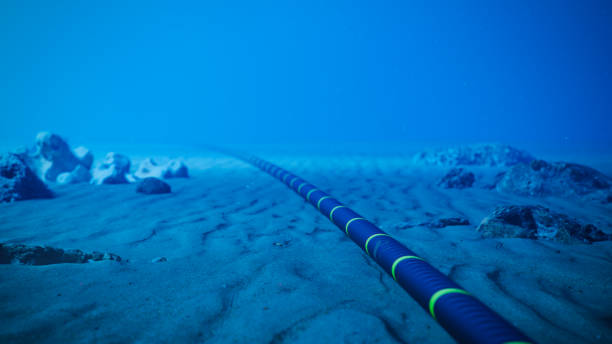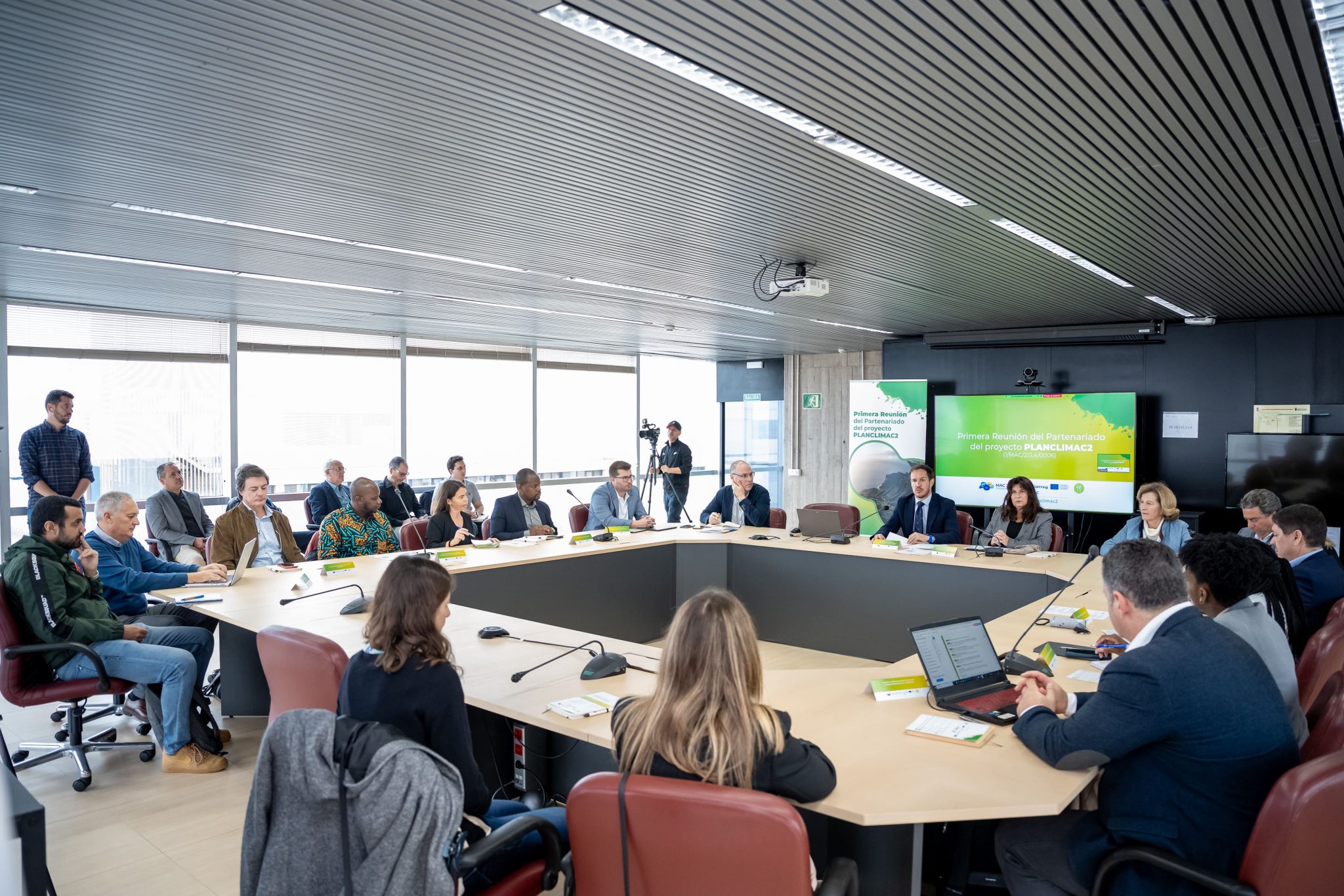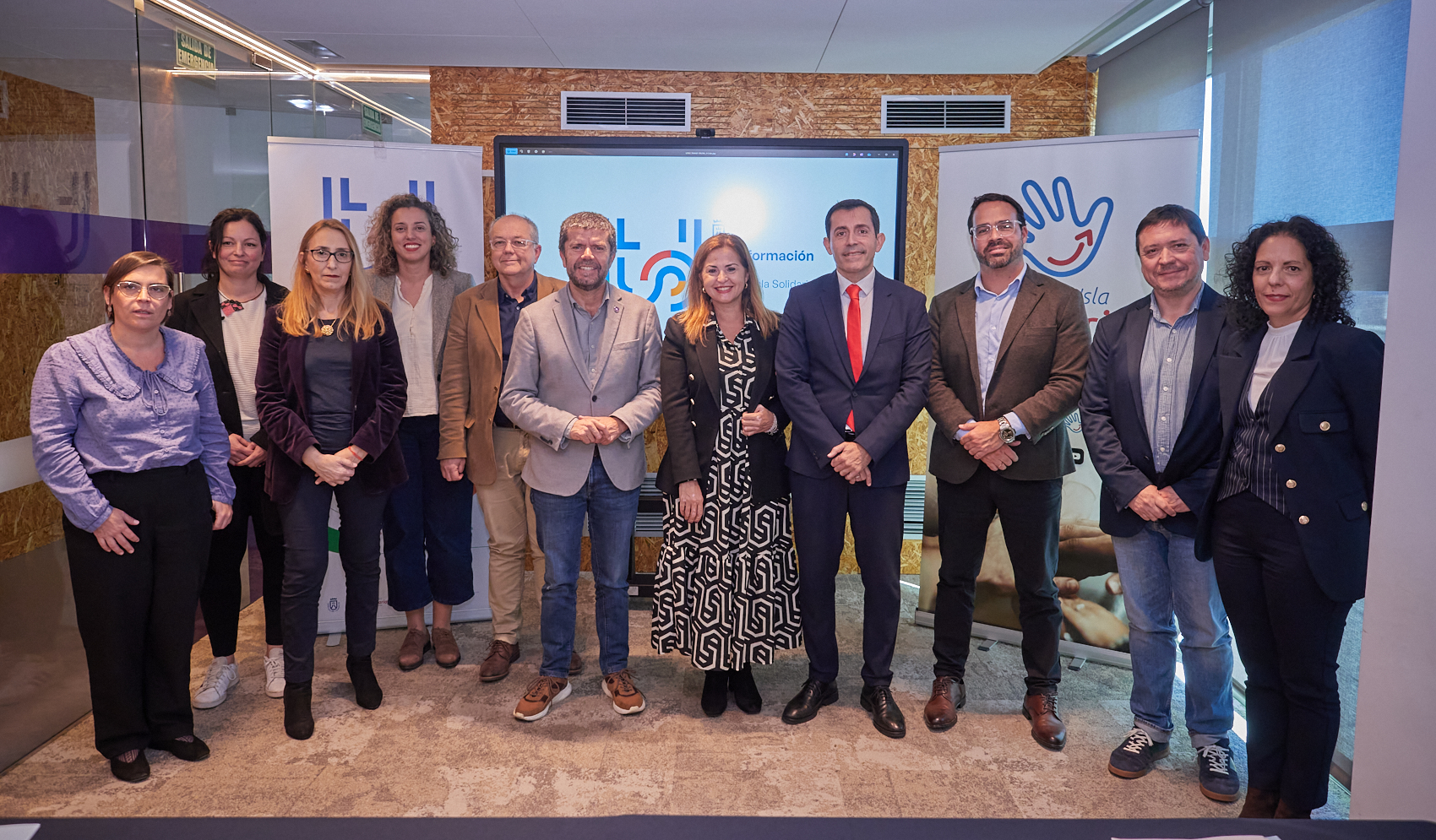Development and monitoring of coordinated actions in the Macaronesia region regarding risks and threats of climate change
Data
Acronym: PLANCLIMAC2
Reference: 1/MAC/2/2.4/0006
Partners:
- Consejería de Transición Ecológica y Energía del Gobierno de Canarias. Viceconsejería de Transición Ecológica, Lucha contra el Cambio Climático y Energía. Canary Islands. Spain
- Gestión y Planeamiento Territorial y Medioambiental, S.A. (Gesplan). Canary Islands. Spain
- Secretaría Regional de Medio Ambiente y Acción Climática. Gobierno Regional de las Azores. Portugal
- Secretaría Regional de Agricultura, Pesca y Medio Ambiente del Gobierno Regional de Madeira. Portugal
- University of Las Palmas de Gran Canaria (ULPGC). Canary Islands. Spain.
- University of La Laguna (ULL). Canary Islands. Spain
- Instituto Tecnológico y de Energías Renovables, S.A. (ITER). Canary Islands. Spain.
- Instituto Tecnológico de Canarias, S.A. (ITC). Canary Islands. Spain.
- Instituto Nacional de Meteorología y Geofísica (INMG). Cabo Verde
- Ministerio de Tierras y Recursos Naturales (MLNR). Dirección General de Tierras y Recursos Naturales. Ghana
- Dirección General de Medio Ambiente y Acción Climática. Santo Tomé y Príncipe
- Oficina de Parques y Reservas Naturales (OIPR). Costa de Marfil
Duration: January 2025 – December 2028 (48 months)
Budget: 3,582,873.82€
Co-Financing: Programa de Cooperación Interreg MAC 2021 – 2027 / FEDER.

Project overview
The overall objective of PLANCLIMAC2 is to promote a common axis of climate action and development of methodologies to address risks from natural disasters of climatic origin.
The results include a Macaronesian Climate Change Adaptation Strategy, scientific-technical collaboration on climate risk monitoring, and access to information and citizen participation. Researchers, technicians, decision-makers, SMEs, and workers in the agricultural, tourism, and general services sectors, as well as the general public throughout the MAC region and other African countries, will benefit from these.
The cooperative approach allows addressing the project’s common challenges, given the shared environmental characteristics and the archipelagic context of the majority of the regions included. It also enables coordination between administrations and socio-economic revitalization.
The continuity of the Climate Change Observatory, the application of advanced technologies for the development of risk/emergency management tools, and the use of ICTs (remote data collection, citizen science applications, etc.) stand out as added value and innovative character.
The project, titled ‘Development and monitoring of coordinated actions in the Macaronesia region regarding risks and threats of climate change‘ (code 1/MAC/2/2.4/0006), is co-financed by the Interreg MAC 2021-2027 Cooperation Programme, within priority 2. ‘MAC VERDE: ecological transition, support for the development of a green and blue economy, fight against climate change, prevention and management of risks and catastrophes’. The Interreg MAC programme constitutes an instrument of special importance to deepen cooperation between its regions and countries, facilitating the promotion of their political, institutional, and economic relations.
The Instituto Tecnológico y de Energías Renovables, an entity dependent on the Cabildo de Tenerife, is a project partner with a consortium comprised of 12 organizations from the Canary Islands, Madeira, Azores, Cape Verde, São Tomé and Príncipe, Ghana, and Côte d’Ivoire.
Links of interest:


